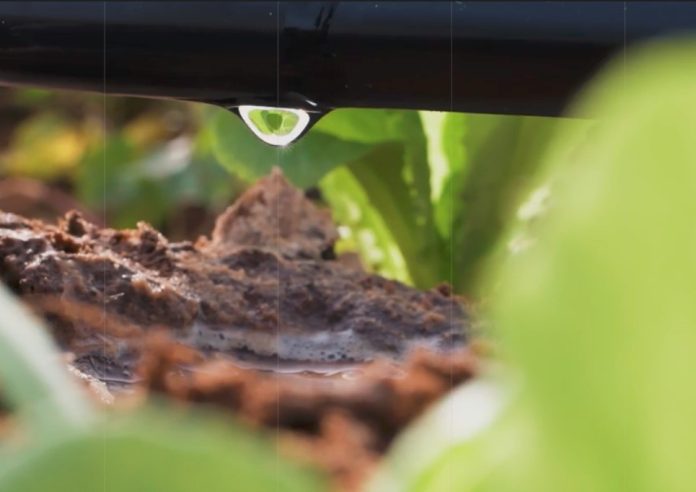News in brief: Agritech company N-Drip raised $44 million in a Series C funding round to increase its global presence. The irrigation company is investing the money in taking its technology public to help change traditional, wasteful practices.
N-Drip, an Israeli-based agritech company that makes smart irrigation systems, has raised $44 million in a Series C funding round. The Liechtenstein Group led the round with Hamilton Lane and Natural Ventures participating. the company’s existing investors such as Granot Group, Bridges Israel Impact Fund, Kibbutz Ein Harod Ihud and some US-based investors, including Seth Siegel, joined the round.
Besides this funding, the agriculture firm has a marketing deal with the Liechtenstein Royal family-owned venture company; its RiceTec firm will help the irrigation company market its systems in rice fields across the world where it has has huge influence as a top rice seeds producer.
According to Crunchbase and Pitchbook, N-Drip already had six funding rounds before this latest one and had raise a total of $37.4 million. The agritech company kicked off operations after bootstrapping with a $1 million grant. In 2021, it was one of the conservation partners that shared the $25 million grant from the United States Department of Agriculture.
Last year, the firm raised $20 million in a Series B funding round and said that the fund will help it expand its infrastructure in the United States and operations in India. It will also dedicate some of the fund to research and development, engineering and manufacturing, marketing, and sales.
The Series C funding round is aimed at gathering financing to expand its global presence, a coverage of the story said. Quoting the company, it may extend the round if investors request it to do so.
Given the importance of sustainable farming practices and the vitality of irrigation, N-Drip has developed a system that help farmer save water, reduce cost and boost crop yield. It replaces flooding irrigation systems with the drip system, saving water and reducing fertiliser usage.
“Farmers with farms of all sizes and in all geographies will be able to make use of our transformative technologies to help assure stability and continued farm income while also joining the worldwide effort to meaningfully reduce agricultural greenhouse gases,” CEO Eran Pollak said on the technology’s inclusiveness.
In India, for example, canals are still the most popular irrigation systems. Another source places the figure worldwide at about 85%, even in hot and very dry regions. However, flooding irrigation is wasteful because much of the water is lost to evaporation or filter into uncultivated land before the cultivated soil receives it.



